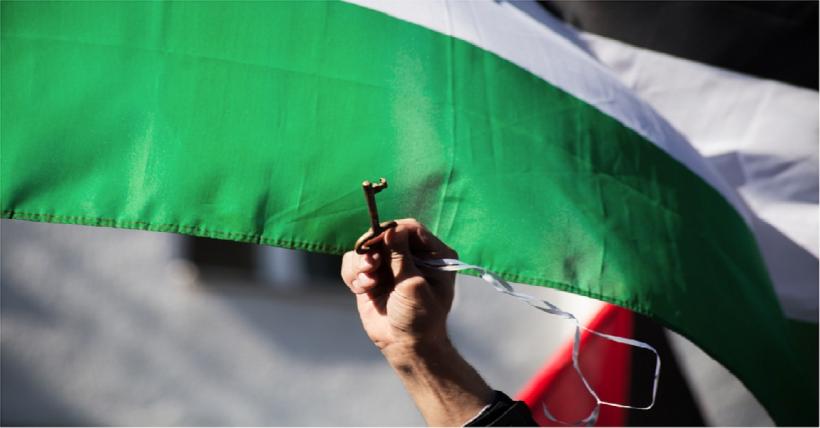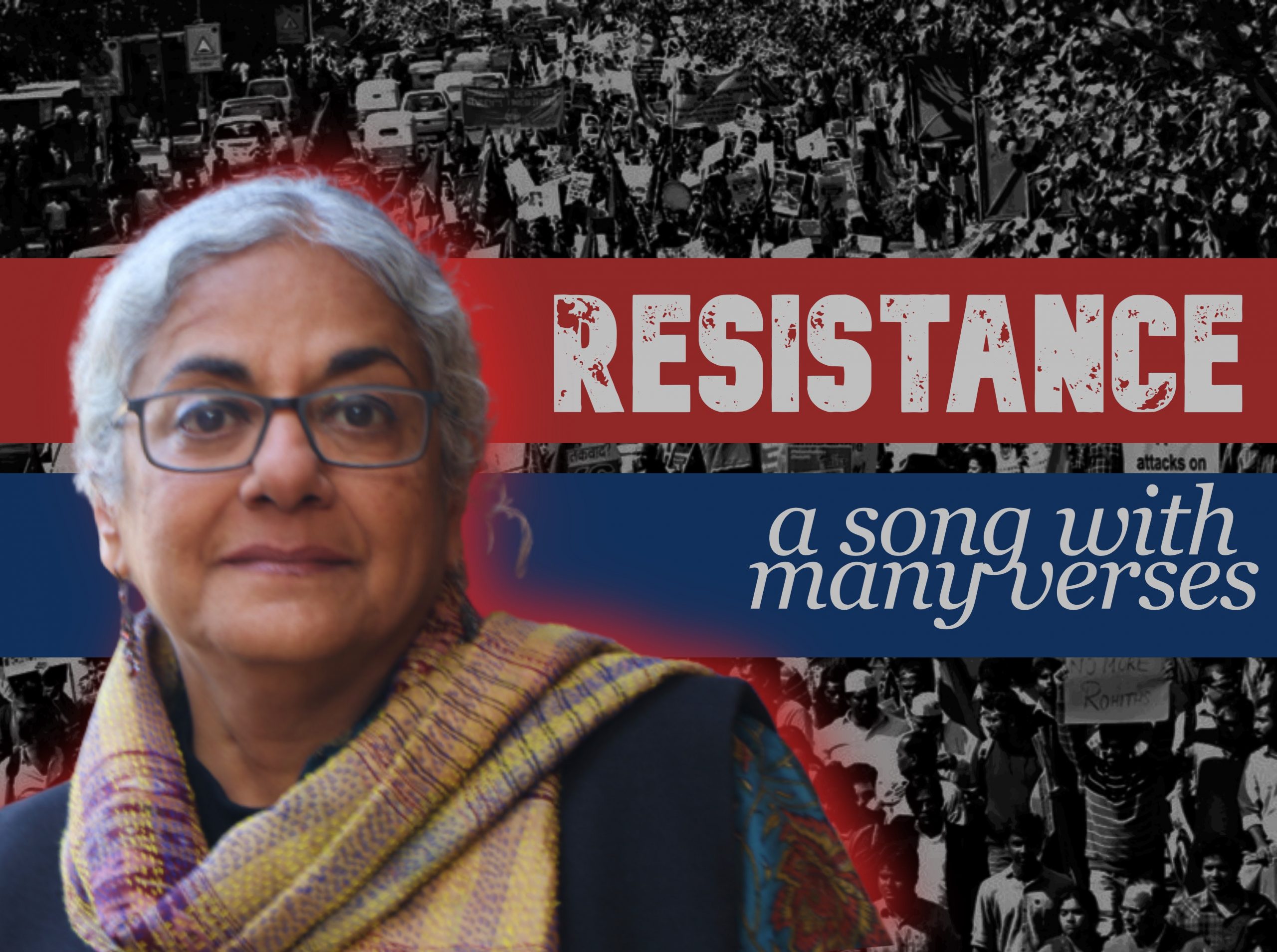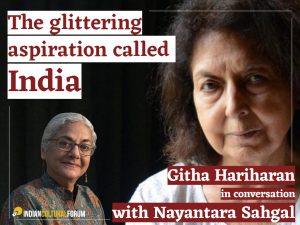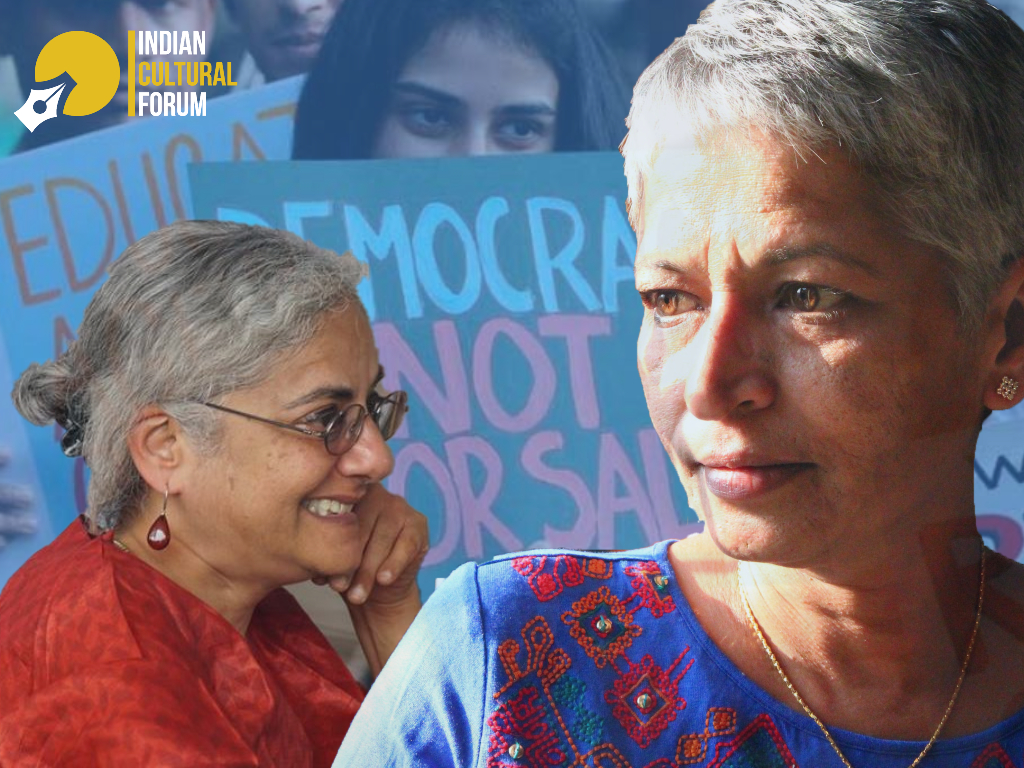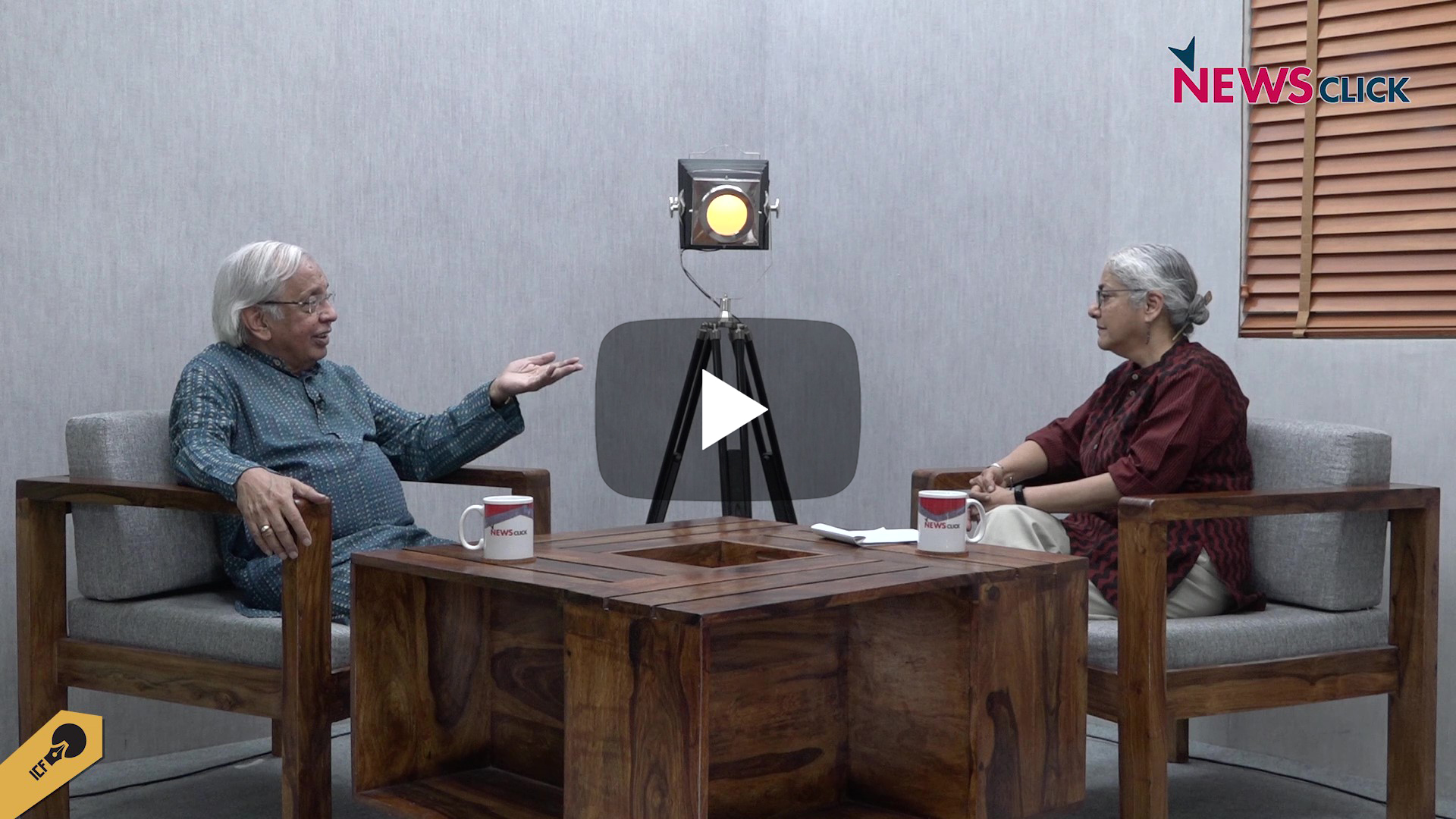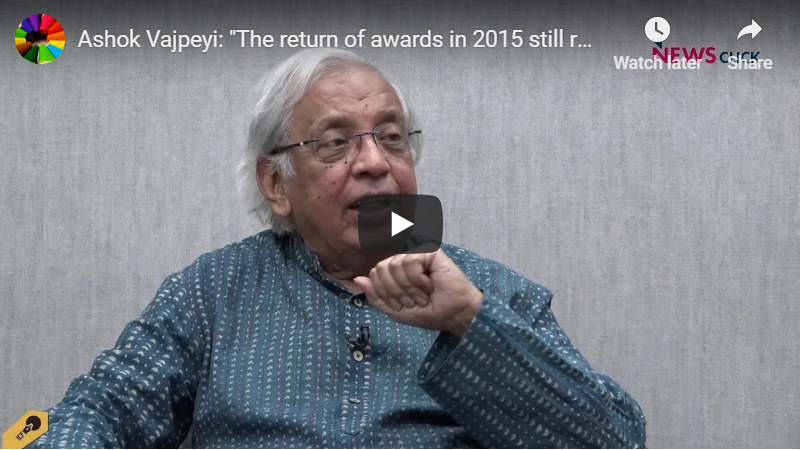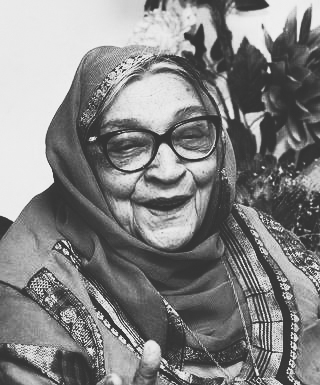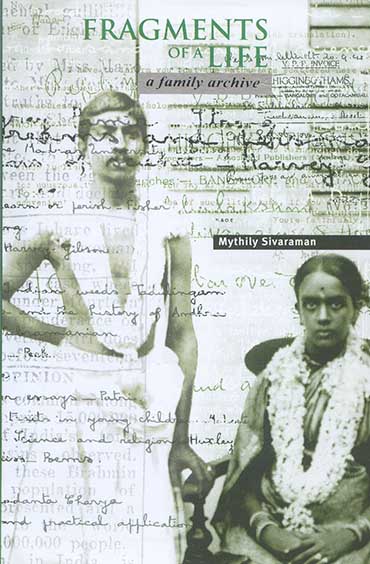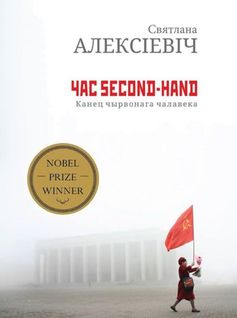It had been 100 hours of “search and survey” by the Enforcement Directorate at the residence of Newsclick’s editor in chief, Prabir Purkayastha, and author, Githa Hariharan who were effectively held in their own home without freedom of movement. Newsclick and its associates who faced the raids garnered solidarity in large numbers from readers, journalists and their unions, and political organisations. Statements and tweets condemned the raids as an intimidation tactic to browbeat independent media that refuses to tow the official line.
Despite the ordeal of inordinately long “search” procedures of its office premises and those associated with it, Newsclick continued to function and report on issues of the people that do not figure anywhere in the mainstream media. Githa Hariharan, amidst the uncertainty of ongoing raids and the concomitant physical and mental costs, kept her commitment and attended a session at the Shoolini University Literature Festival, where she was a speaker.
In conversation with Manju Jaidka, Githa Hariharan speaks about her award winning novel The Thousand Faces of Night, about living diversity, resisting a single story, about rivers of resistance that have been flowing for a thousand years through villages, towns and cities, and reads powerful passages from her last work I Have Become the Tide about the wind teaching us to move, against old orders.
